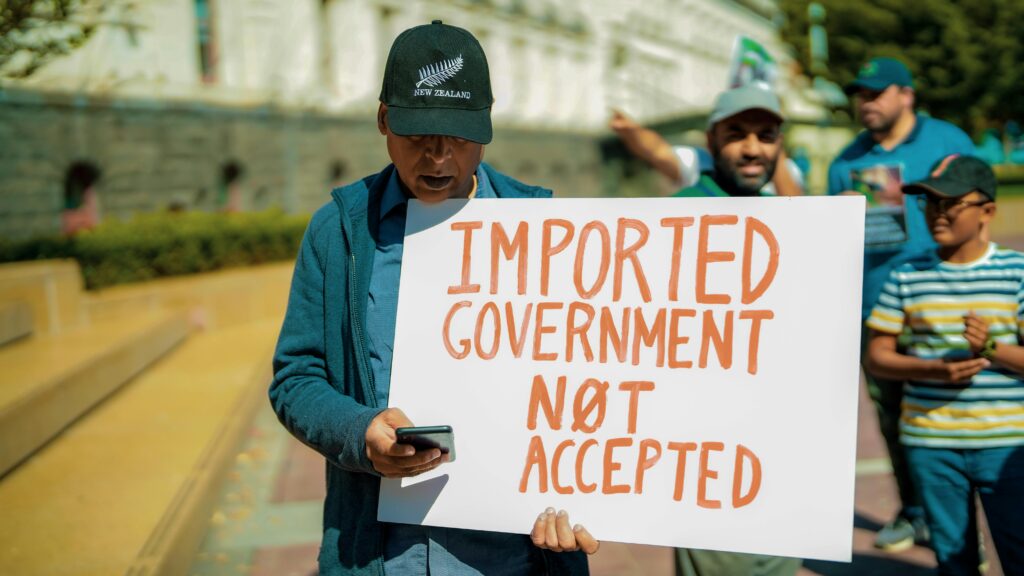Pakistan: Selected Issues
Political Landscape
The political environment in Pakistan remains fraught with tension. The ongoing political crisis, which began with the ousting of former Prime Minister Imran Khan, has resulted in a polarized society and a government that perceives opposition as a direct threat. This zero-sum political game has led to democratic backsliding, where the government focuses more on suppressing dissent than on governance. Analysts suggest that resolving these selected issues is essential for political stability and addressing other pressing issues, such as security and economic recovery.
Economic Challenges
On the economic front, Pakistan has made some strides towards recovery, including securing an agreement with the International Monetary Fund (IMF). However, the economy remains fragile, exacerbated by high inflation rates and structural weaknesses. The country faces significant challenges in financial inclusion and social assistance spending, which are critical for fostering economic growth and reducing poverty. Despite improvements in women’s workforce participation over the years, gender disparity persists in employment opportunities and pay equity.
Security Concerns
Security remains a paramount concern for Pakistan as terrorism resurges in the region. The Tehrik-i-Taliban Pakistan (TTP) has gained momentum following the Taliban’s takeover of Afghanistan, complicating Pakistan’s security dynamics. The government must adopt a multifaceted approach to combat terrorism while ensuring that measures do not alienate local populations. This includes addressing root causes of extremism and fostering community engagement.
Foreign Relations
Pakistan’s foreign policy is set to face significant challenges in 2025. Relations with the United States are expected to be strained due to geopolitical shifts and Washington’s evolving stance towards China, Pakistan’s closest ally. Analysts predict that Islamabad will need to navigate these complexities carefully to maintain its strategic partnerships while addressing domestic concerns.
Additionally, incidents involving attacks on Chinese nationals have raised questions about the stability of the China-Pakistan Economic Corridor (CPEC), which is crucial for Pakistan’s infrastructure development and economic growth.China continues to play a vital role in Pakistan’s economic landscape; however, recent tensions highlight vulnerabilities within this alliance. Pakistani officials have emphasized their commitment to this partnership but must also address security concerns that could jeopardize investments and projects under CPEC.
Humanitarian Issues
The humanitarian situation in Pakistan is precarious, particularly concerning displaced populations from Afghanistan and those affected by natural disasters such as floods. The country hosts one of the largest refugee populations globally, which strains resources and social cohesion. Efforts to address these humanitarian needs must be prioritized alongside economic recovery strategies.
Conclusion
In summary, Pakistan faces a complex array of challenges as it enters 2025. The interplay between political stability, economic recovery, security threats, and foreign relations will significantly influence the country’s trajectory. Addressing these selected issues requires a concerted effort from all stakeholders to foster dialogue, implement effective policies, and ensure that development goals are met while maintaining social harmony. The coming year will be crucial for Pakistan as it seeks to navigate these multifaceted challenges while laying the groundwork for sustainable growth and stability.

